If you are looking to buy a water heater, then there are some water heater brands to avoid. Even though there are some very popular brands in the market, it is always a better choice to go through proper criteria to determine which brand and model is the most ideal one for you. You do not purchase water heaters very often. So, it is necessary to invest in the best choice. Therefore, we have compiled this with the worst water heater brands and also the recommended ones. The buyer’s guide would also help you with this task. So let’s find all about water heaters.
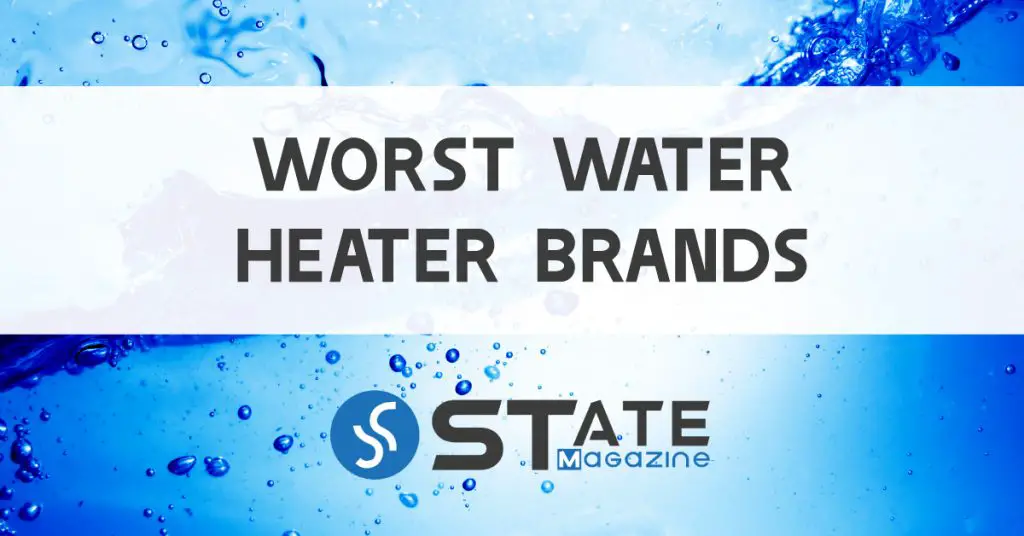
Water Heater Brands to Avoid
Contents
There are so many water heater brands available in the market. However, knowing the flawed ones to avoid is also a challenging task. So to make it easier, here’s a list of the water heater brands to avoid. You can eliminate these choices and narrow down your choices to the more suitable options.
- A.O. Smith – Signature
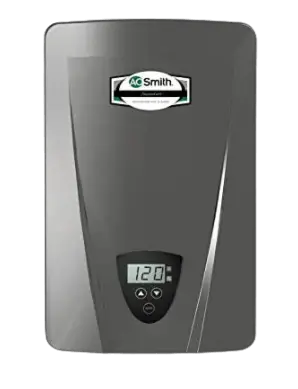
A.O. Smith is one of the most reliable brands in the market of water heaters. They also manufacture various types such as gas water heaters, tankless, and electric water heaters. Their products are of high efficiency and also trustworthy. But their Signature model has failed to meet up the standards. There have been customer complaints regarding various issues with this product.
Reasons to Avoid:
- Many error codes displayed during installation (such as E02, E04, E05, and E06)
- Inferior quality wires that catch fire easily
- The weak flow rate of water
- Unsatisfactory customer services
- Bosch – WH27 (Tronic 6000 C-Tankless)
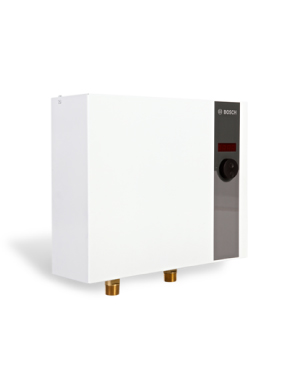
This is a German manufacturer, popular for home appliances and electronics worldwide. However, this water heater has negative responses from users and is considered as one of the water heater brands to avoid.
Reasons to Avoid:
- Improper guide for installation at home
- Inefficient heating, water cools back in less than a minute
- High installation and maintenance costs
- Unsupportive customer services
- Bradford White (RG40T6N – Natural Gas Water Heater)
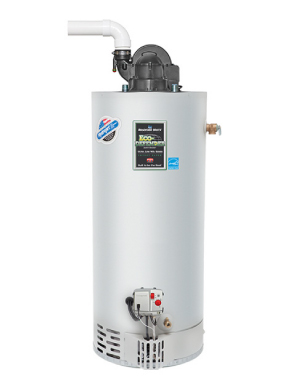
This water heater is manufactured with the advanced technologies of Bradford. They have integrated their screen lock technology and White ICON system. This controls the gas pressure intelligently. But the users have negative ideas about the product.
Reasons to Avoid:
- High installation costs
- Not trusted for durability
- Expensive maintenance costs
- Gas leaks after 2 or 3 years
- Whirlpool (E50H6-45 – 50-Gallon)
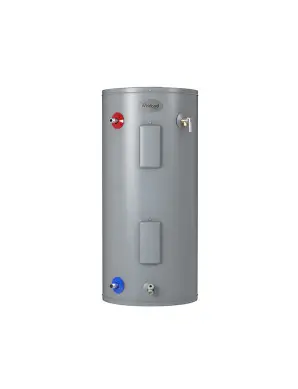
Whirlpool is a renowned brand for manufacturing quality home appliances. This model is a tall electric water heater and has not been accepted by the consumers. The causes behind this are as follows.
Reasons to Avoid:
- More vulnerable to rust
- Not very durable
- Unsatisfactory customer service
- Poor quality drain valves
Recommended Water Heater Brands in 2021
These classifications of good and bad water heater brands have been done based on the factors such as performance, heating power, capacity, efficiency, and durability. This is an unbiased guide, made for buyers to pick the right choice.
- Rinnai (RUC98iN – Tankless Water Heater)
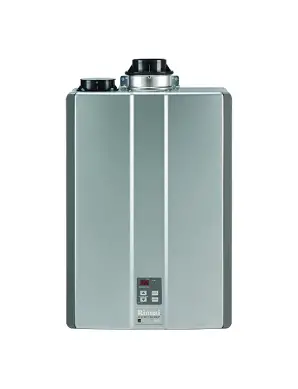
This model is made for indoor installation and has a flow rate of 9.8 gallons per minute. It consists of an MC-91-2US controller that regulates the water’s standard temperature. However, this might be a bit expensive. The only disadvantage is that it takes about a minute to heat the water. Since it is a recommended product, let’s find the benefits.
Reasons to Buy:
- Easy installation process
- Consumes less energy
- High water output rate (9.8 gallons per minute)
- Small in size
- Rheem (RTGH-95DVLN)
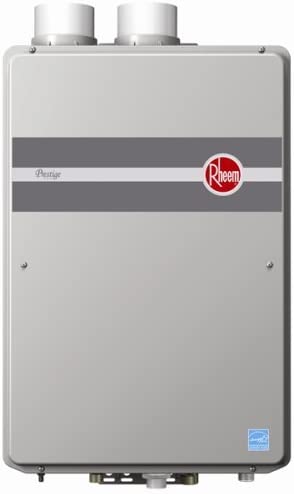
This is a tankless natural gas water heater of 94% energy efficiency. It consists of smart electronic controls and almost has no emission. It has stainless steel condensing heat exchangers which ensure the high durability of the product. The drawback is the high cost.
Reasons to Buy:
- Easy installation
- A high flow rate of water (9.9 gallons per minute)
- Availability of automatic water savings setting
- Use of EcoNet Smart Home technology
- Takagi Tankless
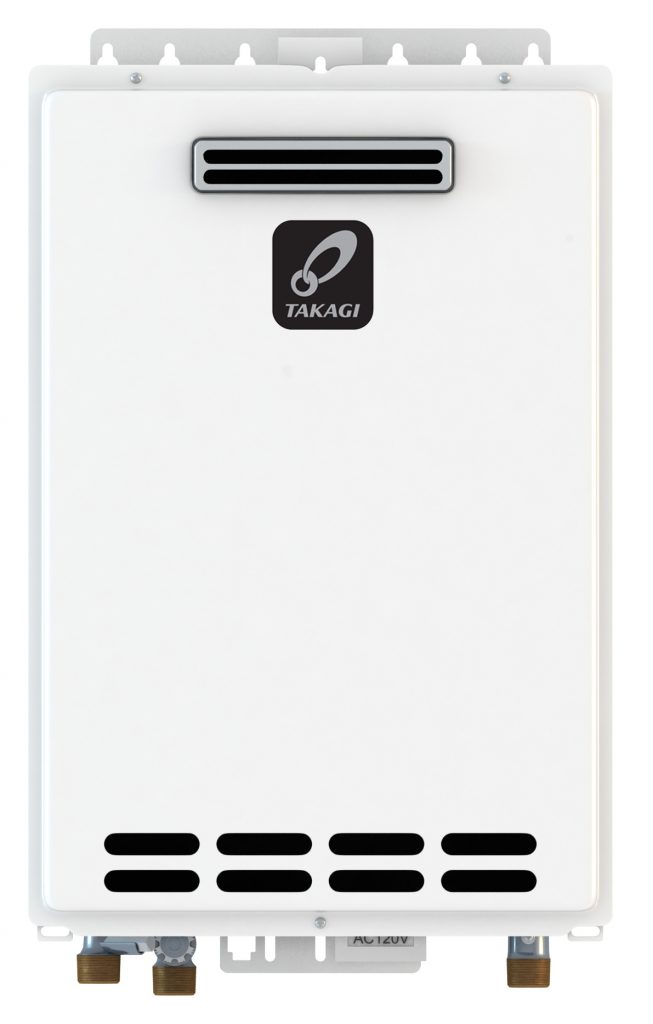
This is a highly rated Japanese brand famous for manufacturing high-quality tankless water heaters. They save cost on energy while being environment-friendly. They also accept valid claims by the uses and have efficient customer support. Hence, this is one of the most reliable water heaters. The drawback is that it takes some time to heat the water.
Reasons to Buy:
- Easy installation process
- Energy-efficient
- Eco-friendly
- Very low NOx emission
Water Heater Buying Guide
As water heating is a major necessity for homes, there is a large amount of cost on this. It is almost 20% of the expenses of the average household. Apart from this daily cost addition to your bills, the maintenance cost of the water heaters would also add up to your expenditure. So, if you are looking forward to replacing your existing water heater or purchase a new water heater for your new residence, you should do background research on the available products. Inefficient water heaters might give you additional trouble of improper functioning and high maintenance costs.
Hence, it is important to purchase a good product when looking for a water heater. As there are many products in the market, choosing the best might be challenging. This guide would help you consider all your requirements and go for the most appropriate. Here’s all you need to know when choosing a water heater.
How Water Heaters are Tested
The performance of gas and electric tankless water heaters is tested for the function of their conventional tank counterparts. The water was drawn in a pattern of 84 gallons per day. This is similar to the water used for daily tasks of showers, running dishwashers, washing machines, and kitchen requirements of an ordinary household. The testing was done with an inlet temperature of 58 ˚F for gas models, 74 ˚F for electric models, and an outlet temperature of 120 ˚F. The payback time for both new installation and replacement was calculated using the costs of purchase, installation, and annual energy costs. The payback time is longer for tankless units that were used as replacement solutions.
The capacity of Water Heaters
The average capacity of water that a water heater can hold is 40, 50, or 55 gallons. This capacity might even be more. The size should depend on the number of people in the house and the highest water usage. An average family of four uses a total of 100 gallons of water per day. However, this does not imply that a water heater of 100 gallons is necessary for this household.
The first-hour rating (FHR) of the water heater should be considered. This gives the number of water gallons that the heater can provide within an hour, starting from a full tank. This FHR value is indicated on the energy guide label of the product. It is required to calculate whether this FHR would work for your household requirements.
According to the recent efficient standards, water heaters with less capacity than 55 gallons have a 4% increase in their efficiency. The water heaters with 55 gallons or more have efficiency gains of 25% to 50%.
This would vary depending on the technology used. In terms of the area and dimensions, new water heaters are less likely to fit into the same old space consumed by the old water heater. As tankless water heaters cannot hold water, the rating is measured by gallons per minute (GPM). When this value is higher, more water can be delivered from the water heater. An average shower would require 2.5 GPM.
Types of Water Heaters
There are few types of water heaters for you to choose from. Some models are said to be reducing energy costs than ordinary ones. But due to the high initial investment, the payback time might take longer than the others.
Storage Tank Water Heater
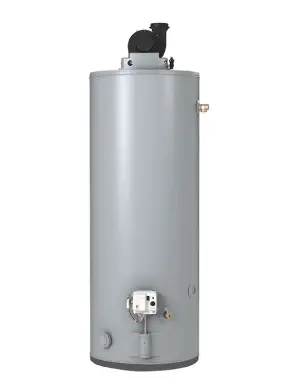
This is the most common type of water heater, where water is heated and stored until required. The water is drawn out from the top of the water heater. The temperature and pressure relief valves open if the preset value is exceeded. Natural gas water heaters consume less energy and run at a lower cost which is almost half of that in electric water heaters. But the gas models cost more in the initial purchase.
Tankless (On-Demand) Water Heater
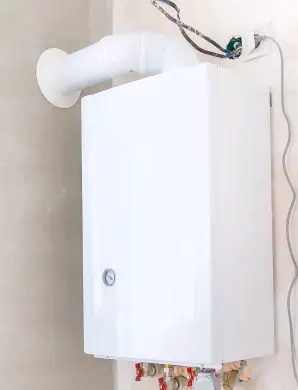
Tankless water heaters use heating coils to heat water and provide only a limited flow of hot water. This is about 3.5 gallons per minute and might vary with the temperature of inlet water. However, they are more energy-efficient and ideal for people who use water at a slower rate, without using water for simultaneous purposes. This is also suitable for houses that use natural gas as electric models need to upgrade the electrical capacity which is more costly.
Heat Pump (Hybrid) Water Heater
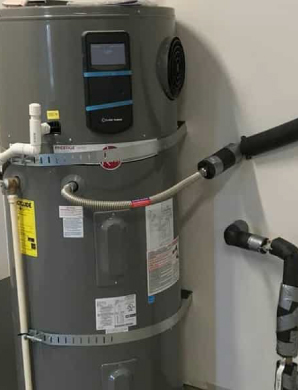
In this water heater, the heat from the air is captured and transferred to the water. Due to this mechanism, energy consumed is lessened by about 60%. The cost is higher than the electric model and the payback time is comparatively short.
This does not function efficiently in cold spaces and should be located in an area with a higher temperature of around 40 ˚F to 90 ˚F. There should be a clearance of about 7 feet from the floor to the ceiling because the heat pump is located on the top. It is also recommended to have a warm space of 1,000 cubic feet so that the heater can capture enough heat. A drain is also required to discharge condensate. These are the additional requirements of the heat pump water heater.
Solar Water Heater
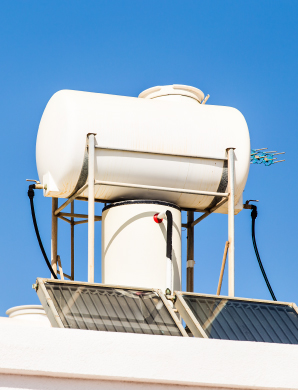
This water heater consists of a roof-mounted cell that absorbs the sun’s heat energy and transfers the heat to an antifreeze fluid. This runs to the water tank through a closed-loop system. This system is an idea for sunny areas, but might be inefficient on gloomy days. Therefore, they have a backup system to be used when required. However, as you need to install a solar cell system, the return on your investment might take more time than the other models.
Condensing Water Heater
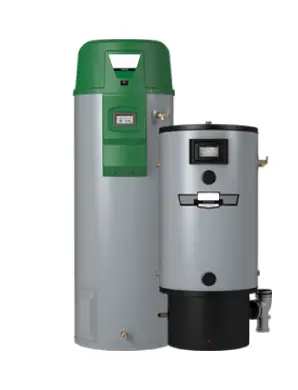
If you are using gas for heating purposes and require a water capacity of over 55 gallons, then the condensing water heater is an ideal choice. Similar to the conventional water heater, a tank is used in this. As the exhaust gases are blown through the coil, most of this heat is absorbed by the incoming water.
Features to Consider When Buying a Water Heater
The following are the important features that need to be considered when purchasing a water heater. By following these, you might also be able to identify the worst water heater brands to avoid.
Warranty
The average period of warranty offered is between 3 and 12 years. You can get additional warranty models with larger heating elements and thicker insulation. This would increase the rate of water heating and cause less heat loss. Therefore, a brand with a longer warranty would be the ideal choice.
Anti-Scale Devices
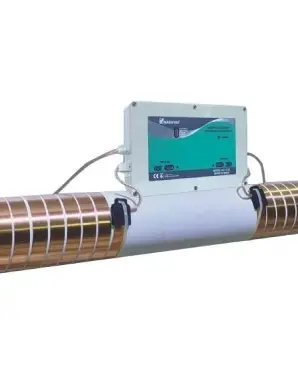
Some water heaters come with a swirling feature that reduces the build of mineral scale at the bottom of the tank. However, it is not necessary to go for such additional features as a longer or thicker element would serve this purpose. So a good water heater with a 12-year warranty would satisfy this requirement.
Brass VS Plastic Drain Valves
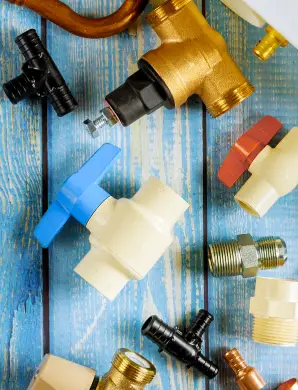
The drain valves are situated near the base of the water heater. Brass valves are more suitable as they are more durable than plastic valves.
Glass-Lined Tanks
Glass-lined tanks reduce the corrosion of steel elements. So purchasing tanks with this feature is beneficial for long-term usage.
Digital Displays
You can monitor the levels and customize your options using digital displays. There is a special vacation mode in some electric or heat pump hybrid water heaters. This uses that heat pump for added efficiency during long periods where the heaters are not being used. The collector temperatures, pressure readings, and other related details are indicated on the solar water heaters as well.
Conclusion
By inspecting the availability of these features, you can decide the best water heater for your requirement. Always make sure to avoid the worst water heater brands and focus on the recommended water heater brands. We hope you found this guide useful. If you are interested in purchasing additional home appliances, you can find useful guides on Refrigerator Brands to Avoid, Washing Machine Brands to Avoid, and Dishwasher Brands to Avoid.
You may also find useful: Worst Tire Brands.


